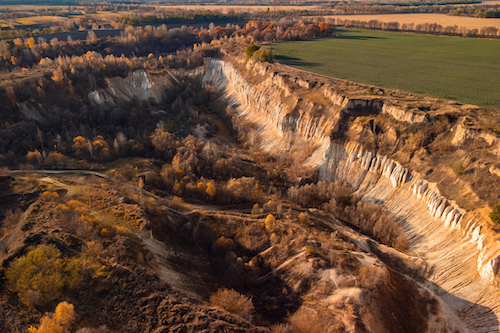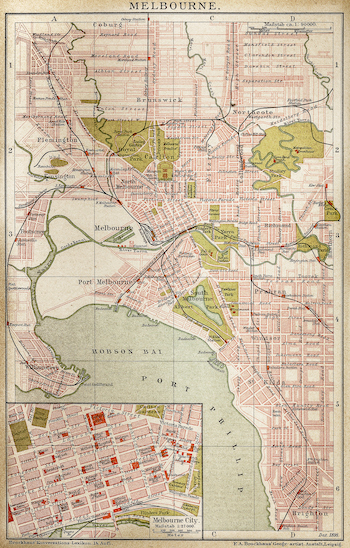Featured in

- Published 20230502
- ISBN: 978-1-922212-83-2
- Extent: 264pp
- Paperback (234 x 153mm), eBook


Already a subscriber? Sign in here
If you are an educator or student wishing to access content for study purposes please contact us at griffithreview@griffith.edu.au
Share article
About the author

Connor Tomas O’Brien
Connor Tomas O’Brien teaches in the Professional Writing and Editing program at RMIT University and runs a design studio for environmental organisations and non-profits.
More from this edition

Colour theory
FictionI carried that knife with me everywhere, clipped onto the waistband of my pants, the metal cold against my hip, but when the time came to use it, I forgot it was there. For days afterwards, I waited for the police to turn up on the doorstop. I kept refreshing the local news, typed variations of ‘assault’ and ‘eye-gouge’ and ‘Brisbane’ into Google. The most recent result was from the previous April: a glassing incident on a man in his sixties in a Spring Hill pub that had nothing to do with me.

The dancing ground
Non-fictionAfter some initial research, and only finding one historical reference to a ceremonial ground within the CBD, I confined the puzzle of Russell’s lacuna to the back of my mind. The single reference I found was in Bill Gammage’s book The Biggest Estate on Earth, where he writes: ‘A dance ground lay in or near dense forest east of Swanston Street and south of Bourke Street.’ Not a great lead because it was two blocks away from where it was depicted on Robert Russell’s survey.

A Little Box
PoetryAnd didn’t I grant you six identical faces, each perfectly plain as the other and a sturdy mouth to clasp shut?